As the global population steadily rises, the demand for food, sustainable resources, and environmentally friendly farming practices grows.
The Agron Sustainable Development Goals (SDGs) represent a forward-thinking approach to addressing these challenges. Agron, a leader in agricultural innovation, aligns its initiatives with the United Nations Sustainable Development Goals (UN SDGs) to transform farming on a global scale, ensuring that agriculture not only meets the present needs but also safeguards the planet for future generations.
Why Agron’s SDGs Matter
Agriculture contributes approximately 26% of global greenhouse gas emissions and consumes about 70% of global freshwater. These numbers highlight the critical need for a sustainable transformation in the sector. Agron’s efforts in integrating climate-resilient practices, renewable energy, and innovative technology are essential for achieving global sustainability targets.
Key Focus Areas of Agron’s SDG Approach
Agron focuses on multiple SDG targets, with particular emphasis on:
- SDG 2 (Zero Hunger): Enhancing agricultural productivity and sustainable food systems.
- SDG 13 (Climate Action): Reducing the environmental impact of farming through sustainable practices.
- SDG 6 (Clean Water and Sanitation): Implementing efficient water management systems to minimize waste.
The Global Impact of Agron’s SDG Initiatives
By aligning with global SDG objectives, Agron is not just transforming farms but also empowering communities, promoting economic growth, and fostering environmental stewardship. This comprehensive approach has the potential to reshape the future of agriculture worldwide, creating a resilient, equitable, and sustainable agricultural ecosystem.
“Sustainable agriculture is not a choice but a necessity for future generations.” — UN Food and Agriculture Organization (FAO)
Overview of Agron’s Role in Sustainable Development Goals (SDGs)
Defining Agron SDGs and Their Significance
Agron Sustainable Development Goals are a structured way to pull sustainability into the core of every aspect of agricultural production. In aligning its operations with the UN’s 17 SDGs, Agron is trying not only to increase the yields but also to take care of the environmental impact of agriculture, social justice, and economic growth at the level of farming communities.
What makes Agron’s approach to SDG unique is its multi-dimensional effect:
- Environmental Impact: Implementation of eco-friendly farming techniques to minimize resource depletion and greenhouse gas emissions.
- Social Impact: Training programs and partnerships that empower local farmers, especially in developing countries.
- Economic Impact: Sustainable farming practices that improve profitability through cost-efficient resource management and access to global markets.
This integrated strategy helps Agron support both smallholder farmers and large-scale agricultural enterprises in adopting sustainable practices that align with global development objectives.
Alignment with Global SDG Objectives
Agron’s initiatives have been found to be aligned with three critical SDGs:
1. SDG 2: Zero Hunger
Agron contributes to Zero Hunger by:
- Improving crop yield through the use of the latest agricultural technologies, like precision farming and drought-resistant seeds.
- Enhancing food security by promoting farming methods that improve yield without compromising natural resources.
Case Study: Agron introduced drought-resistant maize varieties in Kenya, increasing yields by 40% in arid regions and reducing food insecurity during dry seasons.
2. SDG 13: Climate Action
Agron addresses climate change through:
- Utilizing climate-smart agricultural practices, such as crop rotation, soil conservation, and agroforestry.
- Promoting the use of renewable energy sources, like solar-powered irrigation systems, to reduce carbon emissions.
Fact: The World Bank estimates that climate-smart agriculture can cut greenhouse gas emissions in farming up to 30% and simultaneously maintain or increase productivity.
3. SDG 6: Clean Water and Sanitation
Water efficiency is another cornerstone of Agron’s SDG approach:
- Development of water-efficient irrigation systems that reduce water consumption by as much as 50%
- Recycling and treatment of agricultural wastewater to avoid water pollution.
Example: Agron’s drip irrigation projects in India have saved over 1 billion liters of water annually while increasing crop yields by 30%.
10 Stunning Modern Living Room Ideas with Yellow Chrysanthemums 2025
Global Partnerships and Collaborative Efforts
Agron’s commitment to SDGs does not stop at the individual farm level. The company is also deeply involved with:
- International organizations such as the FAO and the World Resources Institute for the dissemination of best practices.
- Governments and NGOs to effect policy changes that support sustainable agricultural development.
- Private sector stakeholders to invest in sustainable technologies and infrastructure.
Through these partnerships, Agron ensures that its SDG initiatives have wide-reaching influence across the globe, causing ripples that benefit local and international communities alike.
Emerging Trends in Agron SDGs Implementation
1. Technological Innovations in Agron SDGs
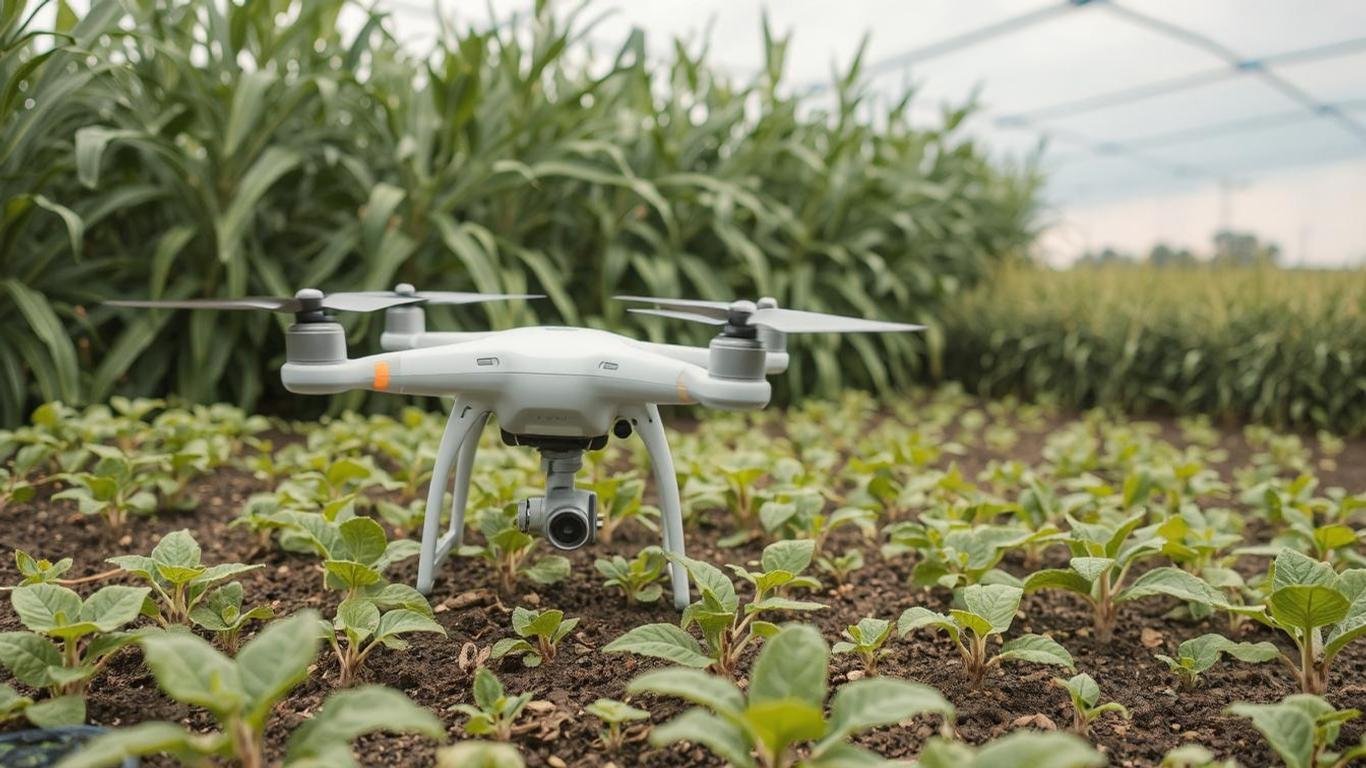
The integration of advanced technologies is transforming how Agron implements its SDG strategies. These technologies are enabling precision farming, resource optimization, and climate adaptability.
Key Technologies Driving Agron’s SDG Implementation
- Artificial Intelligence (AI): AI-powered systems analyze weather patterns, soil conditions, and crop health, providing actionable insights for farmers.
Example: Agron’s AI-driven crop monitoring system in Brazil has helped reduce pesticide use by 25%, enhancing both productivity and environmental safety.
- Internet of Things (IoT): IoT devices, such as smart sensors and connected irrigation systems, allow real-time monitoring and automation of agricultural processes.
- Blockchain Technology: Blockchain ensures transparency in supply chains, enhancing traceability from farm to table and building consumer trust.
Case Study: Agron’s blockchain-based traceability system has reduced post-harvest losses by 30%, improving farmers’ incomes and ensuring food safety.
2. Green Energy Adoption in Agriculture
As part of its commitment to SDG 7 (Affordable and Clean Energy), Agron is integrating renewable energy solutions into farming operations. These green energy initiatives reduce dependence on fossil fuels and lower greenhouse gas emissions.
Examples of Renewable Energy Solutions
- Solar-Powered Irrigation: Solar energy is powering irrigation systems in water-scarce regions, reducing operational costs and ensuring sustainable water use.
Impact: In Rajasthan, India, Agron’s solar irrigation project has increased water access for 10,000 hectares of farmland, boosting crop yields and lowering energy expenses.
- Bioenergy Production: Agron supports the use of agricultural waste for bioenergy, turning crop residues into biogas and biofuels.
3. Climate-Resilient Farming Practices
Agron is at the forefront of developing and promoting climate-resilient agricultural practices to combat the increasing threats of climate change. These practices ensure that farms remain productive under changing climatic conditions while minimizing environmental impact.
Key Climate-Resilient Strategies
- Drought-Resistant Crops: Agron collaborates with research institutions to develop genetically modified and hybrid crops that withstand drought conditions.
Impact: In Sub-Saharan Africa, drought-resistant maize varieties have boosted yields by 40% during prolonged dry seasons, ensuring food security for millions. - Soil Conservation Techniques: Agron promotes techniques like no-till farming and cover cropping to prevent soil erosion and enhance soil fertility.
Fact: Studies show that no-till farming can reduce soil erosion by 90% and improve water retention, benefiting both crops and the environment. - Agroforestry Systems: By integrating trees into agricultural landscapes, Agron is enhancing biodiversity, improving soil health, and providing additional income sources for farmers.
Example: Agroforestry initiatives in Southeast Asia have led to a 20% increase in farm incomes while restoring degraded lands.
4. Collaboration and Knowledge Sharing
Agron is fostering a culture of collaboration and knowledge sharing among stakeholders to accelerate the adoption of sustainable practices. By creating platforms for exchanging best practices and innovations, Agron ensures that farmers, researchers, and policymakers work together towards common sustainability goals.
Global Initiatives and Partnerships
- Agricultural Innovation Hubs: Agron’s hubs in Africa, Asia, and Latin America serve as centers for training and technology dissemination.
- Public-Private Partnerships: Collaborations with governments, NGOs, and private companies are driving policy changes and investment in sustainable agriculture.
Challenges and Opportunities in Achieving Agron SDGs
Key Challenges in Agron SDG Implementation
1. Climate Variability and Unpredictability
Some of the most important factors contributing to this are rising frequencies of climate-related events of droughts, floods, and extreme temperatures. Severe disruptions of agricultural productivity could result from these unstable weather patterns.
Impact: According to the Intergovernmental Panel on Climate Change, crop yields could drop by up to 25% in certain regions by 2050 as a result of climate change.
Agron’s climate-resilient crops and early warning systems are fundamental to reducing these risks, but their scaling through various regions is still limited.
2. Limited Accessibility of Resources and Technology
In most developing countries, accessibility of advanced agricultural technologies for farming, financial resources, and training on how to perform the sustainable agriculture practices are lacking.
Fact: Less than 3% of farmers in Sub-Saharan Africa have access to precision farming tools, hence their limited practice of climate-smart farming.
Agron is partnering with local governments and NGOs in the offer of micro-financing and training programs; this, too, reaches only a very small radius of the populace, mostly in very remote areas.
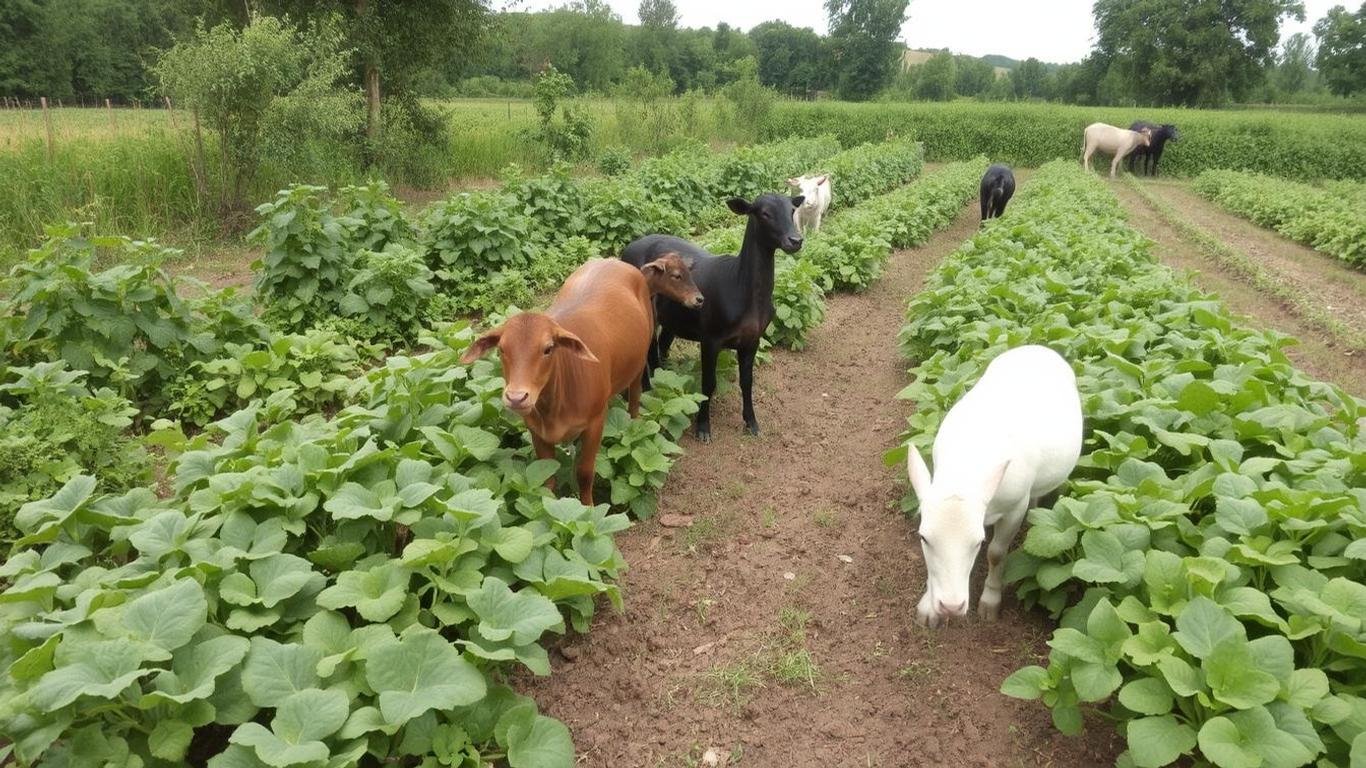
3. Policy and Regulatory Complexities
Farm policies are inadequate or conflicting with sustainable use in some regions, posing challenges to modern farming technologies. Besides this, irregularities in national laws act as a challenge for many global initiatives.
Response: Agron’s recommendations include policy reform for support of sustainable agriculture, though this will need commitment both politically and internationally.
4. Resistance to Adoption/Change
There is some reluctance from farmers and those directly involved in agriculture because a change to any of their technology or ways can lead to perceived losses.
Fact: Studies have shown that approximately 60% of smallholder farmers prefer traditional methods over modern innovations due to perceived risks.
Response: Agron’s educational outreach programs are designed to demonstrate the economic and environmental benefits of sustainable practices, though widespread adoption remains gradual.
Opportunities in Overcoming Challenges
Despite these challenges, Agron’s SDG framework presents numerous opportunities for sustainable growth and innovation:
1. Expanding Global Partnerships
Agron can further build its international profile through more strategic collaborations with international organizations such as the United Nations Development Programme, the World Bank, and private investors. These would provide access to funding, technical expertise, and policy support.
Example: Joint projects with the FAO in water management in dry areas could expand Agron’s scope of work and promote better water use on a global scale.
2. Leveraging Digital Agriculture
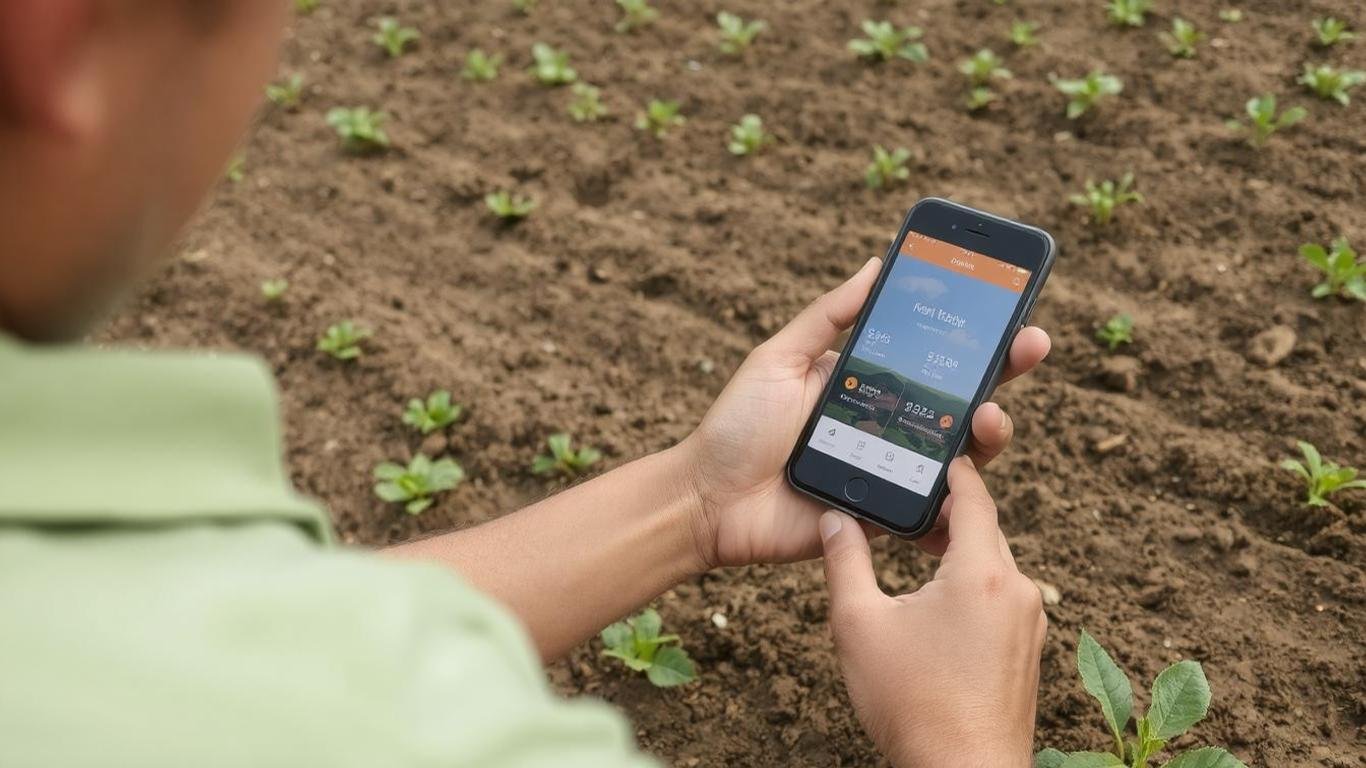
At the same time, there is much potential for upscaling by using mobile applications, remote sensing, and cloud-based platforms in the realm of digital agriculture.
Impact: Real-time information related to weather, soil conditions, and market prices could be displayed on digital platforms to empower farmers in making informed choices and reducing risks.
3. Investment in Green Finance
The increasing interest in green finance and sustainable investment opens up new avenues of funding for Agron. In this regard, Agron can develop projects that match the ESG criteria, which will attract investors seeking to invest in sustainable ventures.
Fact: In 2023, global sustainable investment reached over $30 trillion, highlighting the potential for growth in this sector.
4. Enhancing Farmer Education and Training
By scaling up its farmer education programs, Agron can further equip farmers with the knowledge to practice sustainability, thereby enhancing their productivity while being gentle on the environment.
Example: Organic rice farming training programs in Vietnam have raised farmer incomes by 20% while reducing the use of chemical fertilizers by 30%.
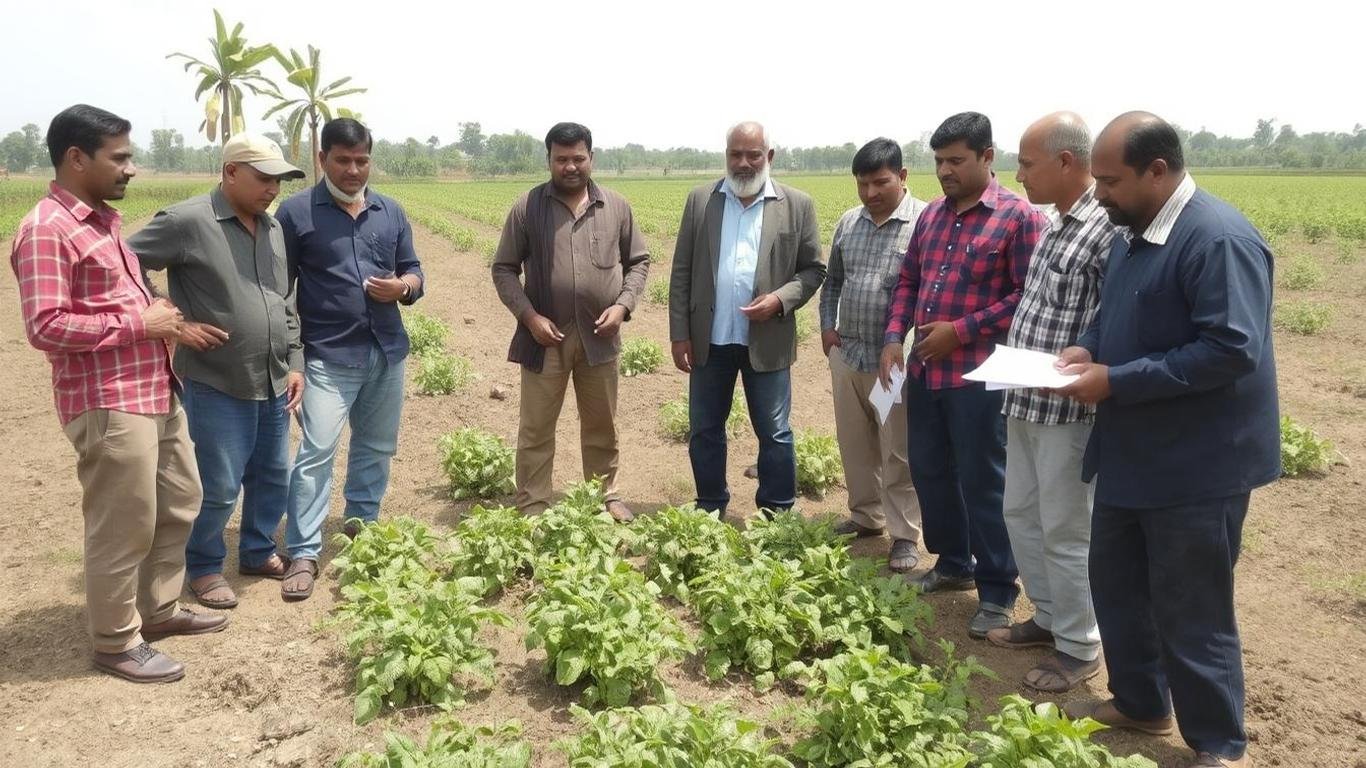
Future Outlook of Agron Sustainable Development Goals (SDGs)
The future of Agron Sustainable Development Goals is filled with promise as global agricultural systems increasingly embrace sustainability, innovation, and inclusivity. However, the trajectory of this future will depend on how effectively Agron navigates emerging trends, addresses challenges, and leverages new opportunities.
1. Increased Integration of Smart Technologies
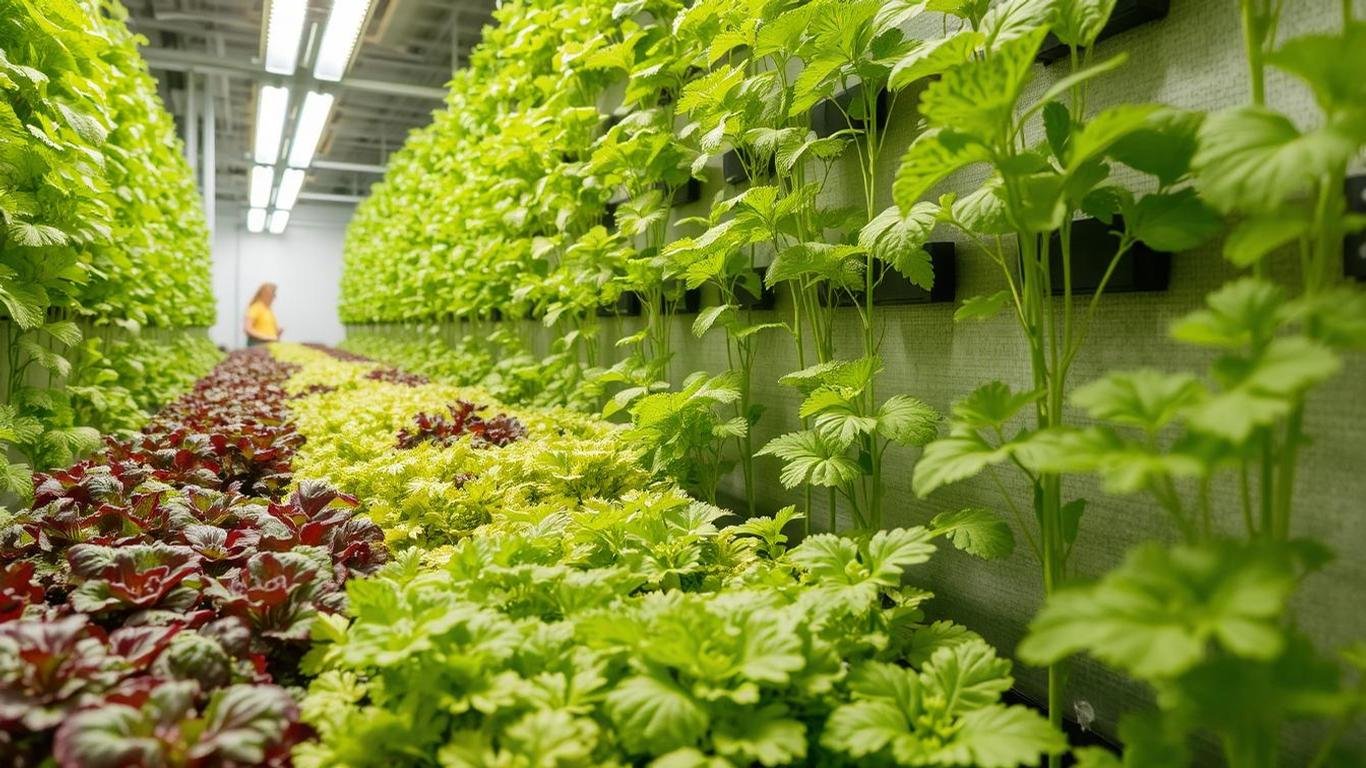
The future of Agron’s SDGs will be heavily influenced by advancements in smart agricultural technologies.
These technologies will transform farming from labor-intensive to data-driven systems, making agriculture more efficient, resilient, and environmentally friendly.
- Prediction: By 2030, over 75% of large-scale farms globally are expected to adopt AI-powered precision farming systems, leading to significant improvements in resource use and yield optimization.
- Example: In regions like Sub-Saharan Africa, widespread adoption of drone technology for monitoring crop health and soil conditions is projected to boost productivity by 30% while reducing costs.
Emerging Innovations
- Vertical Farming: Cities will see a rise in vertical farms, which require less water and land.
- Autonomous Machinery: Fully automated tractors and harvesters will become common, reducing labor dependency.
- Smart Irrigation Systems: Advanced IoT-connected irrigation systems will drastically improve water efficiency.

2. Strengthened Global Policy and Governance
The future of Agron SDGs hinges on robust international cooperation and policy alignment. Governments, NGOs, and private entities will need to work together to create a unified framework that supports sustainable agriculture across borders.
- Policy Trend: There will likely be an increase in global policy frameworks aimed at harmonizing agricultural trade, sustainability standards, and environmental regulations.
- Case Study: The success of EU’s Common Agricultural Policy (CAP) in promoting sustainable farming practices could serve as a model for other regions to replicate, fostering more cohesive international agricultural policies.
3. Climate Change Adaptation and Mitigation Strategies
With climate change posing an ever-growing threat, Agron’s future SDG initiatives will prioritize climate resilience and mitigation efforts. This includes scaling up carbon sequestration projects, improving biodiversity in agricultural landscapes, and implementing sustainable water management practices.
- Fact: By 2050, sustainable agricultural practices are projected to reduce global agricultural emissions by 20%, contributing significantly to global climate goals.
- Initiatives: Agron’s focus on regenerative agriculture, which rebuilds soil health and captures carbon, will play a crucial role in meeting these targets.
4. Increased Focus on Social and Economic Inclusivity
Agron will intensify its efforts to ensure that sustainable agricultural development is inclusive, benefiting smallholder farmers, women, and marginalized communities. Social equity will become a cornerstone of Agron’s future SDG strategies, ensuring that no one is left behind.
- Future Impact: By 2030, inclusive agricultural policies could lift over 200 million people out of poverty, primarily in developing regions.
- Example: Agron’s microfinance programs and training initiatives are expected to empower rural farmers, leading to greater food security and economic stability.
5. Expansion of Global Collaborative Networks
The future of Agron SDGs will be shaped by the expansion of global collaborative networks that facilitate the sharing of knowledge, resources, and innovations.
- Trend: Cross-border agricultural research and development (R&D) will increase, with more countries participating in joint initiatives to address food security and sustainability challenges.
- Example: Partnerships between Agron, international NGOs, and academic institutions will foster the development of region-specific solutions, such as drought-resistant crops and pest management systems tailored to local conditions.
Conclusion: Agron Sustainable Development Goals
The commitment of Agron to the SDGs means opening toward a future in which agriculture is more productive but also more environmentally and socially sustainable.
Guided by innovation, harnessing global partnerships, and leading the way to inclusiveness, Agron has started a process to place the company in the forefront for the transformation of agriculture into sustainability.
But in order for such progress to continue, these same objectives require sustained commitment by all the stakeholders concerned, through successive adjustments to changing challenges and opportunities. It can thus forge a future where agriculture prospers, the community thrives, and the planet blooms.
Please Check: 10+ Best Liquid Fertilizers for Indoor Plants: Top Picks for Healthier, Greener Houseplants





